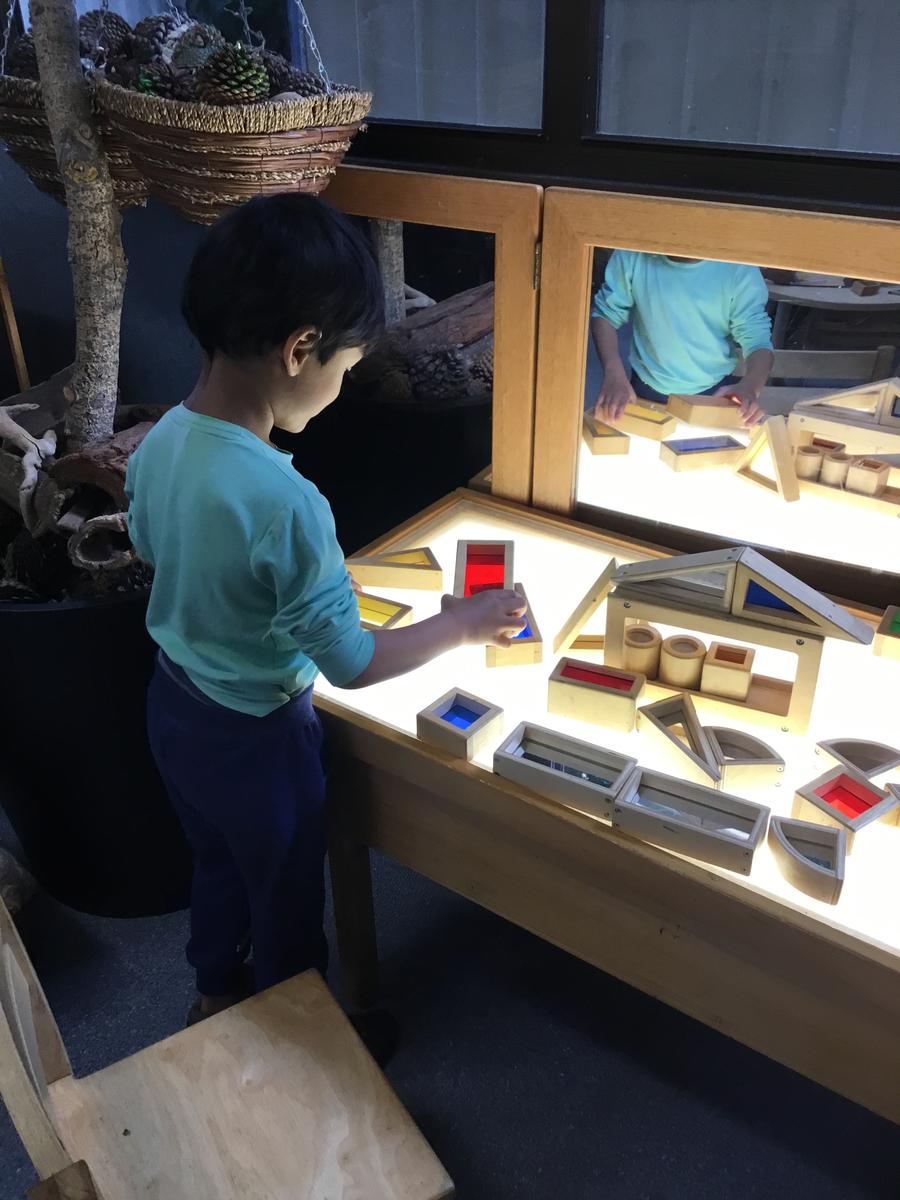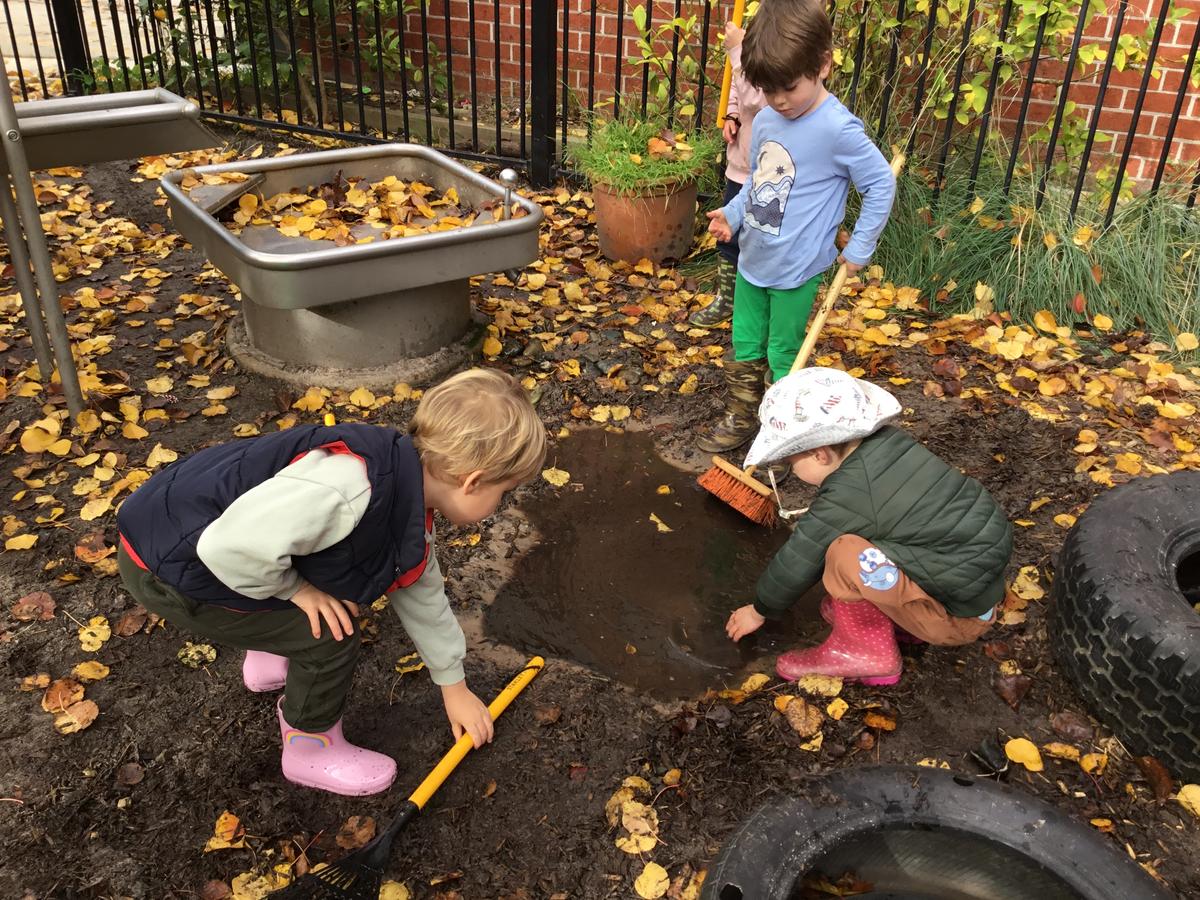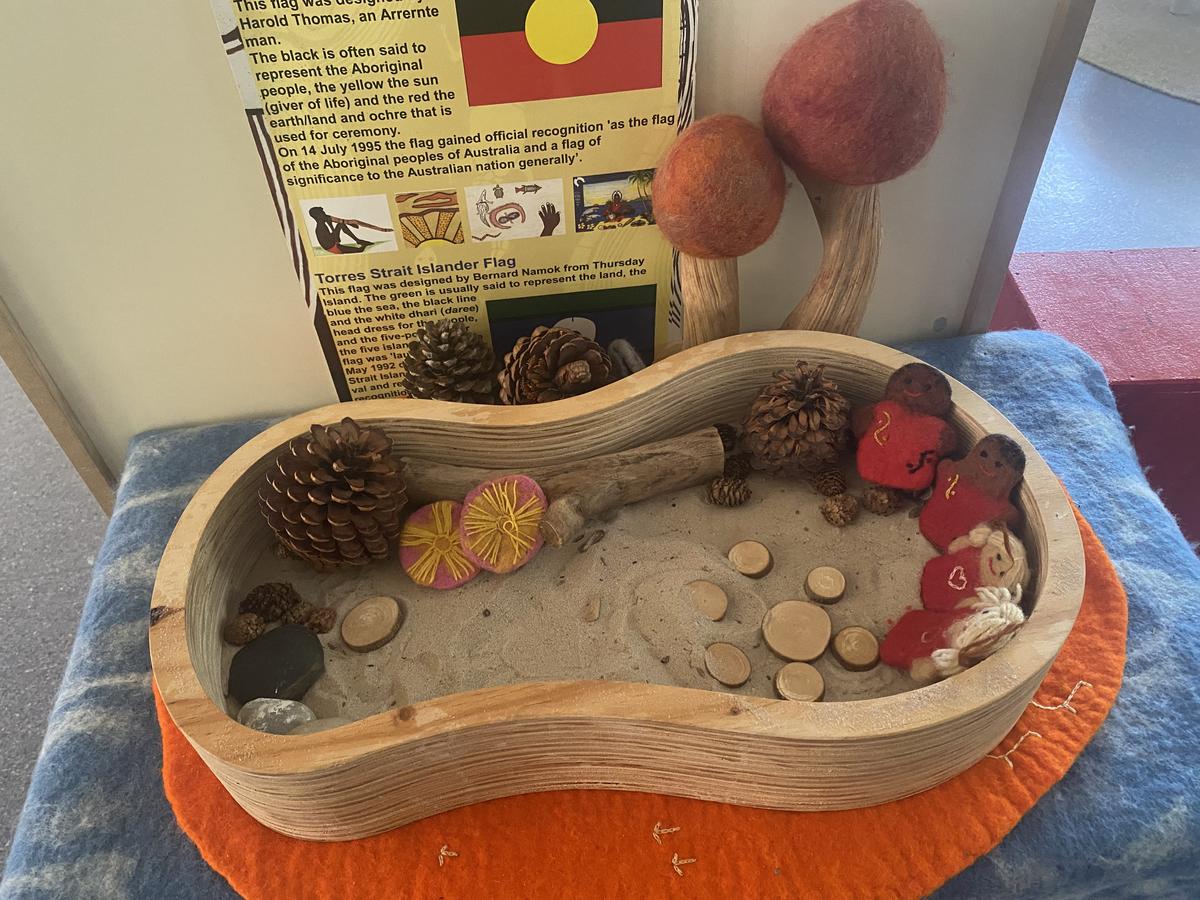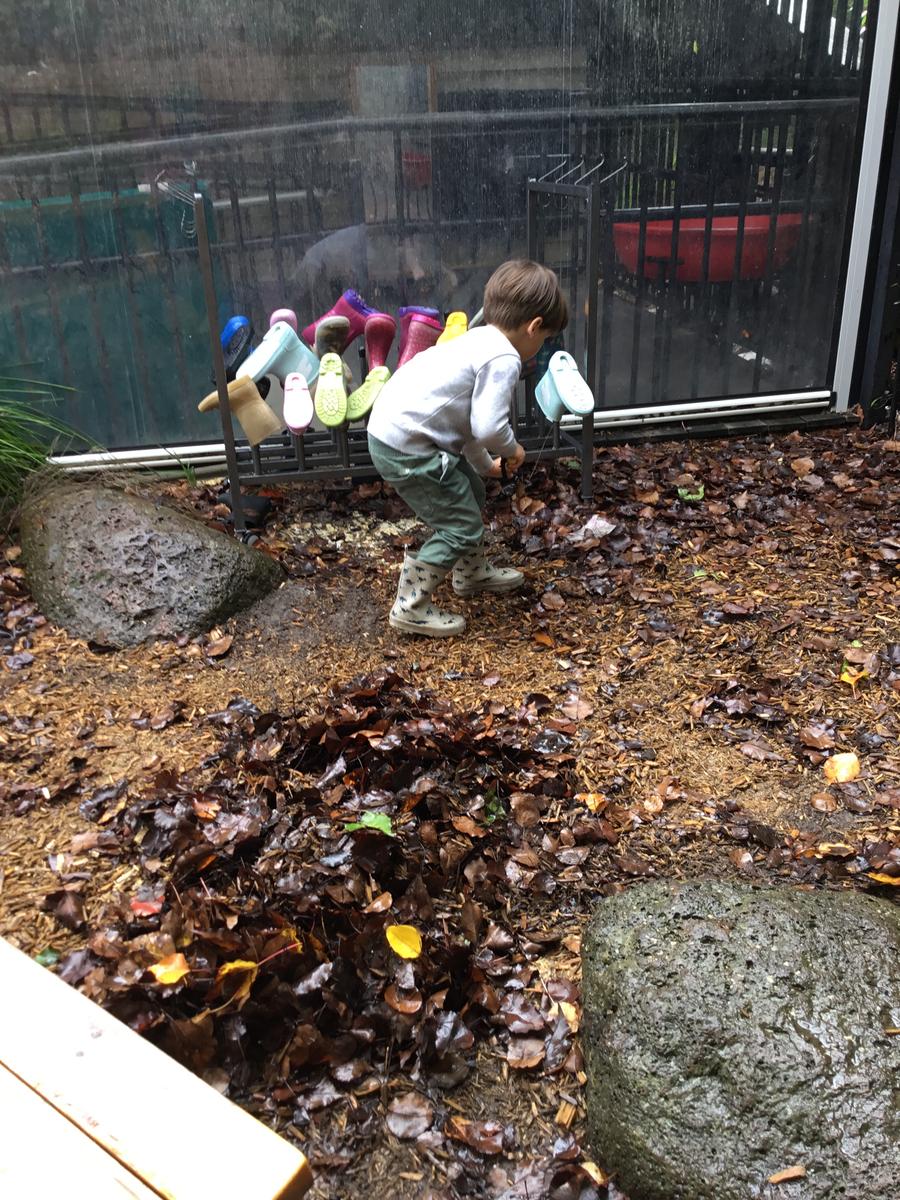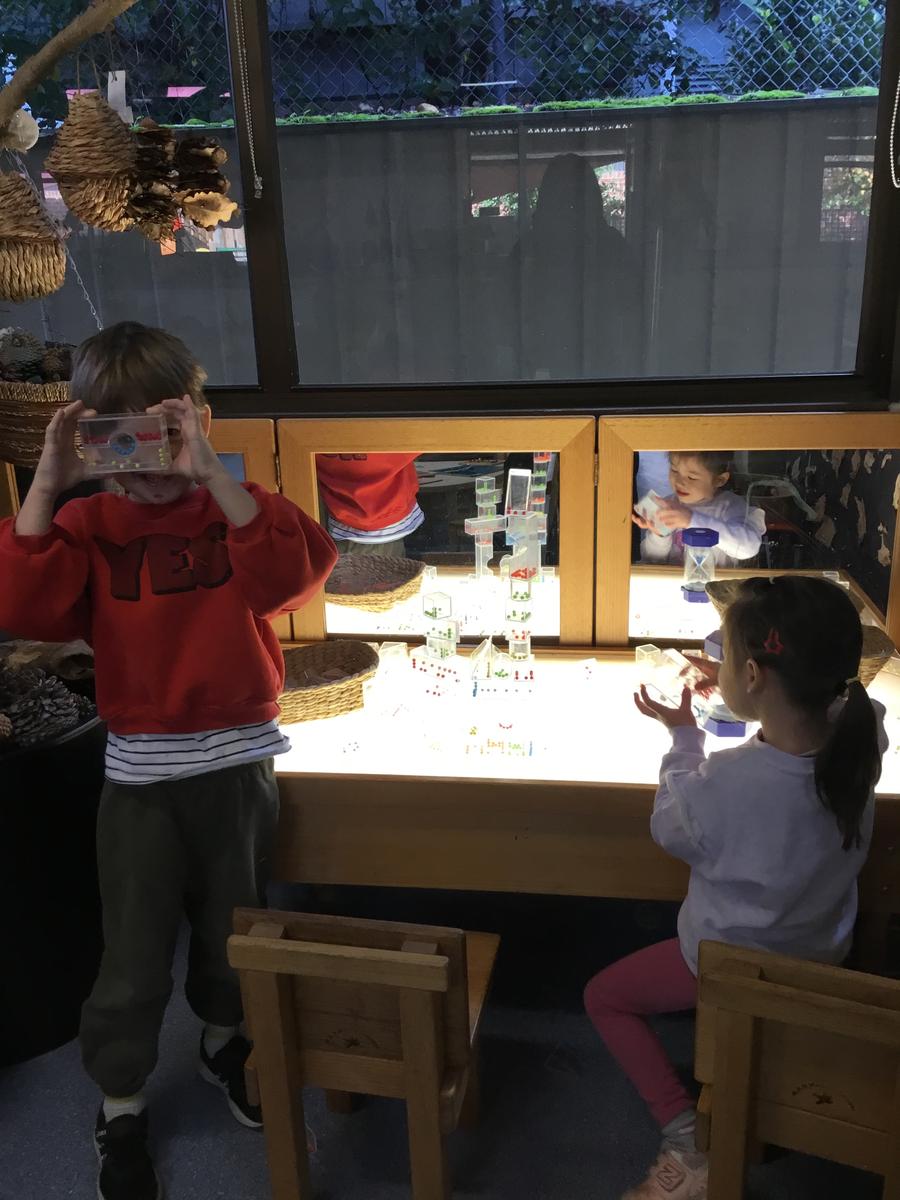Glen Education Carnegie
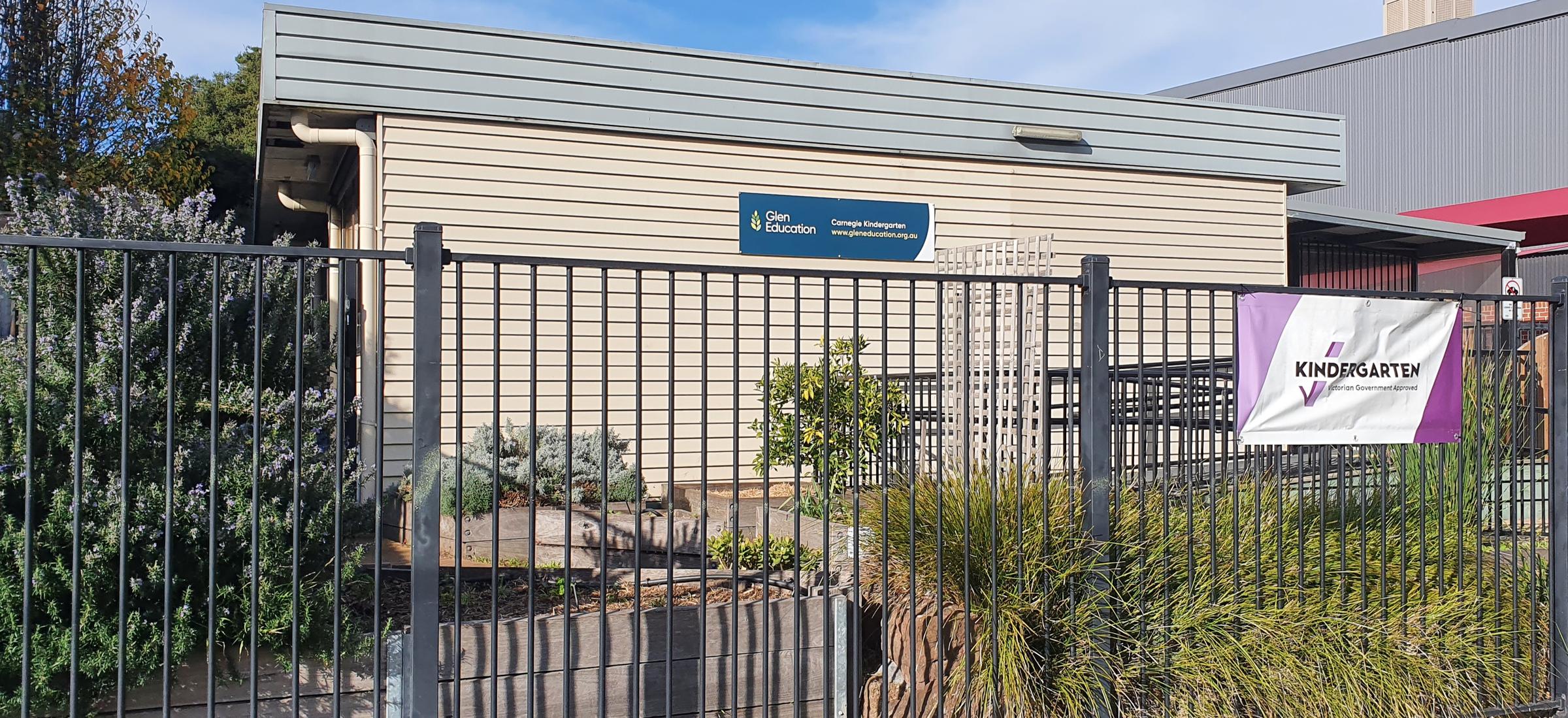
Supporting Individual Needs
Glen Carnegie Kindergarten Educators
Quality Area 4: Staffing arrangements
At Glen Carnegie we ensure that the educator to child ratio is always maintained. We have an addition educator for extra support for 4 hours every day. We pride ourselves in the relationships we have with the children, our families and each other. We have formed strong bonds with our children and families that continue to grow. The educators enjoy a professional, friendly, and supportive working atmosphere with each other sharing our knowledge and experiences.
There is a daily communication book in which important information about a range of topics is shared with each other, messages relayed, and objectives raised. Staff are constantly communicating throughout the day to support and learn from one another and to continually improve their skills. All educators share responsibilities of programming, planning and routine tasks. Staff are supportive of each other in their home lives and are flexible with changing shifts due to their own family needs.
Interactions consistently demonstrate mutual respect, equity and reorganisation of each other’s skills and strengths, promoting a positive, warm, and family like environment with our service. All educators set professional development goals annually, with timelines and processes for achieving these outcomes. this process supports educators to learn from one another and continuously build their practice and pedagogy. Educators are accessible to children, families, and each other.
- Kavita Khera, Early Childhood Teacher
Quality Area 1: Educational program and practice
Glen Education Carnegie Kindergarten provides an emergent curriculum program with a play-based approach, which is open-ended and developmentally age appropriate. We facilitate and extend each child’s learning and development through group discussions and individual child led experiences across multiple sessions in our service.
The planning cycle is a collaborative process where our educational team is focused and consultative to ensure we implement a high quality-based educational program that is balanced with intentional teaching moments and open to many possibilities that entice questioning, problem solving and sharing of ideas, which is crucial to promoting children’s lifelong learning and skills. Through these conversations, we are inspired by children’s inquisitiveness for knowledge and understandings, which helps led to further learning opportunities and planning as a team. When we encourage children to engage in learning experiences to contribute their ideas, is not just about capturing a snapshot of incidental conversations, it’s striving to ‘ignite a curiosity and thirst for learning, understanding and knowledge’ about their world around them.
At Glen Carnegie Kindergarten our learning intentions and thinking are guided by and directly linked to the Victorian Early Years Learning and Development Framework (VEYLDF) and the National Early Years Learning Framework (EYLF) highlighted throughout our program curriculum, reflections and within each of the children’s individual portfolios. The portfolios are a journal of the children’s learning and development and follows them throughout their kindergarten years. The portfolios are a visual journal of the child’s learning with a collection of learning stories, artwork and photographs capturing various highlights of their learning and development, which is available for children and parents to access and share their progress and achievements in their learning and development.
- Kerry Spiritosanto, Early Childhood Teacher
Quality Area 3: Physical environment
At Glen Carnegie Kindergarten, we care for the environment and support children to become environmentally responsible. Our programs educate children about sustainability and practices which display how they can take an active role in caring for our kindergarten environment and our shared bush kinder space.
During group time discussions, we read books, such as “In the Bin” with children, then brainstorm ideas about waste disposal, types of waste or whether something can be reused or recycled. This supports children to recognize sustainable waste disposal habits at young age. Children shared their experiences with each other such as:
“I have a red bin at home to put in rubbish.”
“Tin should be put into the yellow bin.”
“The cardboard can make new paper.”
“We can’t put rubbish into ocean, because not good for fishes.”
“We need to protect our land.”
At the same time, there are many strategies the educational team implement to support children to develop their understanding of how to be eco-friendly, which include:
- Ensuring Eco-friendly sorting bins are available for children to either recycle or dispose of waste items after finishing meals.
- Sustainability group activities such as games and puzzles.
- Supporting children to recognise where to sort and dispose of craft materials
- Requesting children and families provide recycled materials for craft.
- Supporting children to recognise the difference between natural and man-made resources
- Modelling care for the environment and supporting children to collect rubbish from the kindergarten and bush space in line with safety and hygiene procedures.
Through these experiences, children demonstrate their understanding of how to care for the environment and reflect on their understanding of how humans impact the world around them.
Through art we reused materials to ensure that we are role modelling the concept of ‘sustainable practices’ to reduce, reuse and recycle by providing recycled materials for children’s arts and craft, including recycled paper, cardboards, bottle lids, fabric pieces, fallen leaves, etc are staples for creativity. The children have a genuine fascination for exploring these materials, using their imagination and creative skills.
- Ling Deng, Early Childhood Educator
Quality Area 5 : Relationships with children
Each educator has a strong commitment to developing and upholding relationships with each child that are fair and respectful, which is evident in their daily practises at Glen Carnegie kindergarten. Every encounter between educators and children throughout the service supports each child's sense of security, self-assurance, and inclusion while upholding each child's rights and dignity. All educators can articulate how their interactions with children are driven by a knowledge of and dedication to developing trusting relationships that engage and support each child to feel secure, confident, and included while honouring and preserving each child's worth and dignity.
The observed and discussed method of building relationships between teachers and children consistently complies with the philosophy, practices, and guidelines of the service as well as the concepts and practices of the approved learning framework(s).A culture of inclusivity and a sense of belonging for children and families at the service is strengthened by meaningful relationships with families and the community. The service's approach to developing and maintaining respectful and equitable relationships with each child reflects the unique geographical, cultural, and community context of the service. It welcomes, reflects, and draws on the voices, priorities, and strengths of the children and families at the service.
- Daljeet Kaur, Early Childhood Educator
Quality Area 2: Children’s health and safety
Our program involves growing, cooking, eating, and learning about healthy foods. Children communicate and share their diet with each other in the play. “I like eating carrots. Carrots are healthy!” “My favourite food is blueberries. They are good for your eyes.” Healthy eating and drinking of water are always encouraged at Glen Carnegie Kindergarten.
At Glen Carnegie, we run regular visits to the bush kinder. Children actively participate in a range of physical and sensory experiences, through which they also experience different feelings and emotions and seek solutions if they need. Indoor and outdoor checks are implemented every day before session starts to ensure children are protected from hazard and harm.
Quiet corners are accessible both inside and outside for children to relax. When children need some time to be on their own, they know where they can go, reading a book and unwinding themselves. Educators have undertaken child safety training regularly and are aware of their roles and responsibilities to identify, respond to and support suspected abuse and/or neglect.
Educators recognise that a part of developing healthy habits means supporting children to develop strategies to build their wellbeing and sense of resilience. In term 2 educators have introduced a weekly incursion of Yoga. This motivates children to take active control of their body parts. They learn to coordinate different body parts to accomplish a movement and develop understanding of how control of their physical self can impact on their mood and mindset.
- Donna Yi, Early Childhood Educator
Quality Area 6: Collaborative partnerships with families
At Glen Carnegie Kindergarten we are open, welcoming, and supportive to the individual needs of the children and their families. From the onset, families are encouraged to have a non-rushed approach to settle their children at the start of each day so they feel’s safe, secure, and supported before saying ‘goodbye’, ensuring their child is calm and has a sense of self and belonging to their new environment.
We value family as the child’s first teacher by encouraging parents to contribute information about their child, through our ‘Getting to know you form’, as a way of discussing relevant information about their child’s family, celebrations and interests. There are also specific details for families to communicate relating to their personal goals, interests, and aspirations for their child’s learning and development. This document is reflective and forms a unique part of their child’s learning journey and work in progress towards an integral trajectory for the educational team to collaborate and work towards each child’s progress, learning and achievements.
As an educational team we are extremely dedicated to the relationships and partnership we form with families. We are open for all families to participate and share their knowledge, experiences, and skills with the children in our programs. We also embed a range of cultural celebrations and traditions throughout the year (such as Indian, Greek, Spanish, Italian, Vietnamese, Jewish, Hindu as examples) for children to learn and express their culture and knowledge about who they and traditions they share with their families outside our kindergarten community.
Our kindergarten community also have a strongly committed Volunteer Parent Group (VPG), which supports our kindergarten fundraising through fun planned activities, social events, supporting connections between families and organizing various parent working bees. Our gratitude is immense for the outstanding work achieved, their work is invaluable and such a great asset to our kindergarten. As a collective working team, the funds the VPG contribute towards many educational resources we purchase for our Kindergarten. We appreciate the support they provide!
Feedback from one of our families:
Both our children have attended Glen Education starting in 2021, and both our children have had developmental delays (some identified by the early education team) that have required a second year of funded 4y.o kindergarten. I cannot be more grateful for the team at Glen Education, both directly educating our children, but also the inclusion support team, who have assisted us with reports to ensure NDIS funding, making changes to the environment so that our children are supported to learn, and assisting us in the transition to school, through tailored advice on the needs of our child, that helped us secure a similarly supportive environment when our eldest child started Prep this year. The teachers and educators in the kindergarten have gone above and beyond to make us as parents feel supported, but also to ensure our children have both been made to feel accepted, loved, and able to learn despite their differences.
- Kerry Spiritosanto, Early Childhood Teacher

